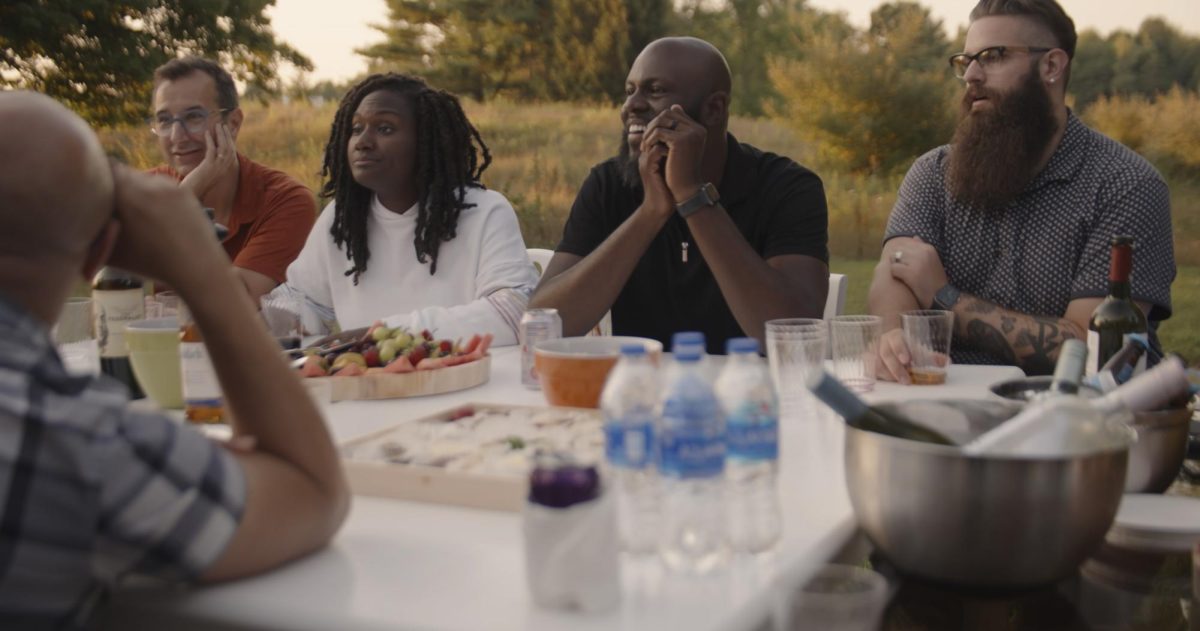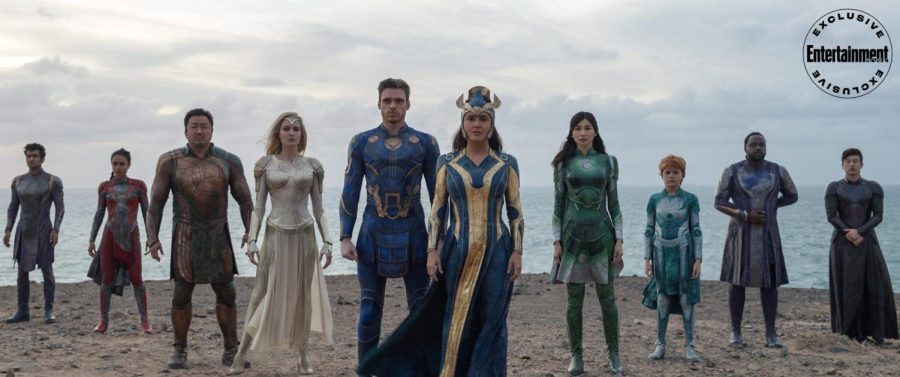Credited as being the most lethal sniper the United States has ever seen, former Navy Seal Chris Kyle was said to have ended over 160 lives before his untimely death in 2013.
In “American Sniper,” director Clint Eastwood tells of the career and the family life of this military legend with unwavering focus, making it clear that this is no philosophical war film attempting to bring new awareness to warfare and the human condition. Instead, Eastwood gives us a biopic devoid of political agenda that is as straight forward and as no-nonsense as a war film could ever hope to be.
“American Sniper” opens with grim intensity, showcasing Kyle’s first kill behind enemy lines, thus setting the tone for the type of film audiences have strapped in for. The following exposition, shown as flashbacks, is pivotal to understanding who Kyle is and the influences that have shaped him.
From a young age, Kyle shows skill with a firearm, bringing down a deer with precision while on a hunting trip with his father. It is Kyle’s childhood principles, however, that make him a legendary warrior. While sitting around the dinner table, Kyle’s father is prompted by a schoolyard bullying incident to teach his boys about the three types of people in the world: the sheep, the wolves and the sheepdogs.
The boys are taught to be the sheepdogs and protect the weaker sheep by beating down and destroying those who inflict pain on others; by doing so, they will uphold the family motto, “We protect our own.” This drive to protect motivates Kyle to enlist as a Seal and, while training, he meets Taya, his future wife.
Perhaps one of the film’s only real shortcomings, especially early in the film, is its overindulgence in disconnected moments that hurriedly try to cement Kyle’s ability as a sniper. Unfortunately, these moments too often resemble a video game kill shot montage rather than the emotionally impacting sequences they could have been.
Leading man Bradley Cooper has made great strides as an actor over the past several years and offers a big presence in “Sniper.” He brings great intensity and likability to this role, losing himself completely and believably as a soldier. Cooper has also bulked up considerably since his most recent role as a raccoon in “Guardians of the Galaxy.”
Kyle, at least as portrayed on screen by Cooper, is a man of few surprises. His principles and values never waver, and he is a patriot to the core. He seems like a man to be respected here, yet at times he is unlikable and standoffish. He regularly dismisses his family, acting first for his country and consequently dealing with his broken family later.
Although Kyle makes killing look easy, we later learn that he has been suppressing his feelings, each death taking a massive toll. In a moment of redemption, he realizes that all the killing in the world won’t bring him any closer to his family and the feeling of peace and security that he desires.
Sienna Miller plays Kyle’s wife, Taya, a sympathetic character and her husband’s voice of reason. She sees the paradox of Kyle trying to protect his family by continually leaving them. Perhaps Kyle’s actions are understandable because he seems trapped inside his legendary persona, unable to ignore his past actions and move forward, despite his hopes of redeeming himself.
Throughout “American Sniper,” Kyle maintains a laser-like focus on his career, but allows his family to slip outside of his line of sight. What Eastwood gives us is not a film about the ethicality of war, but the dichotomy between complete devotion to one’s country and one’s devotion to family.








